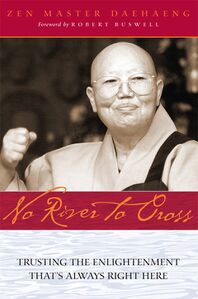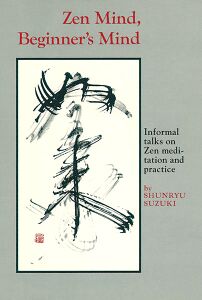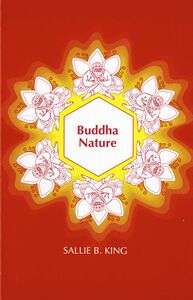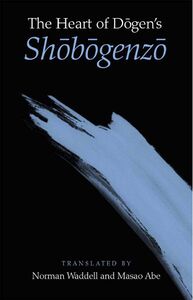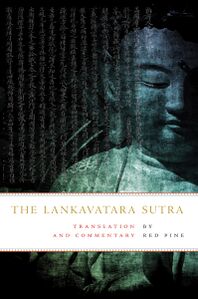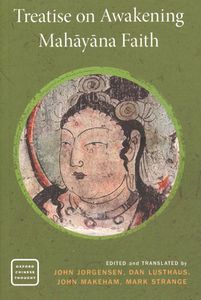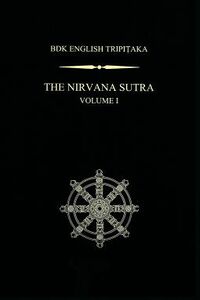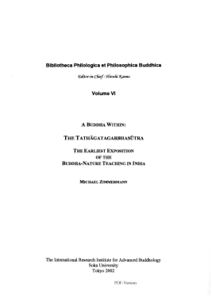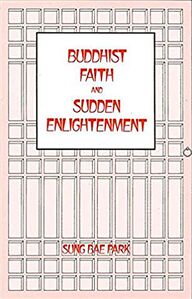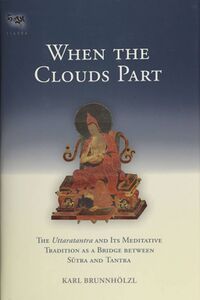Begin Discovering Your Buddha-Nature: Difference between revisions
No edit summary |
No edit summary |
||
| Line 211: | Line 211: | ||
|link=Media/What_Is_Buddha-Nature%3F_by_Wulstan_Fletcher | |link=Media/What_Is_Buddha-Nature%3F_by_Wulstan_Fletcher | ||
|header=What Is Buddha-Nature? by Wulstan Fletcher | |header=What Is Buddha-Nature? by Wulstan Fletcher | ||
|image=https://commons.tsadra.org/images-commons/ | |image=https://commons.tsadra.org/images-commons/d/d1/Fletcher%2C_Wulstan-2014new.jpg | ||
|content= | |content=Wulstan Fletcher explains buddha-nature as the deepest aspect of oneself, a wellspring of goodness and wisdom that is always present. | ||
|watermark=Video | |watermark=Video | ||
}} | }} | ||
| Line 219: | Line 219: | ||
|link=Media/On_How_Beginning_Students_Might_Engage_with_Buddha-Nature_Teachings_by_Ringu_Tulku | |link=Media/On_How_Beginning_Students_Might_Engage_with_Buddha-Nature_Teachings_by_Ringu_Tulku | ||
|header=On How Beginning Students Might Engage with Buddha-Nature Teachings by Ringu Tulku | |header=On How Beginning Students Might Engage with Buddha-Nature Teachings by Ringu Tulku | ||
|image=https://commons.tsadra.org/images-commons/ | |image=https://commons.tsadra.org/images-commons/c/cf/Ringu_Tulku-267x358.jpg | ||
|content= | |content=Ringu Tulku talks about how beginning students might start to orient themselves toward buddha-nature teachings in practice. He explains that it is important to recognize that everybody has the seed of wisdom and compassion within them. | ||
|watermark=Audio | |watermark=Audio | ||
}} | }} | ||
Revision as of 18:27, 14 December 2020
Buddha-Nature in East Asia
Multimedia
The writer-in-digital-residence is the recipient of a grant designed to support Tsadra Foundation’s Buddhist literacy projects that connect the larger public with academic research and advance understanding of specific aspects of Tibetan Buddhist traditions. Writers help to curate this online resource and write essays on the history, philosophy, and practices associated with buddha-nature teachings and tathāgatagarbha theory in Tibet. These essays are addressed to an audience of educated readers of Buddhist materials and Buddhist practitioners.
Lopen (Dr) Karma Phuntsho is one of Bhutan’s leading intellectuals. He has finished monastic training in Bhutan and India before he pursued a M.St in Classical Indian Religions, and D.Phil in Oriental Studies at Balliol College, Oxford. He was a researcher at CNRS, Paris, a Research Associate at Department of Social Anthropology and the Spalding Fellow for Comparative Religion at Clare Hall, Cambridge University, and Research Consultant at University of Virginia. An author of over hundred books and articles including the authoritative History of Bhutan and Mipham’s Dialectics and the Debates on Emptiness, he speaks and writes extensively on Bhutan and Buddhism. Read a complete bio.
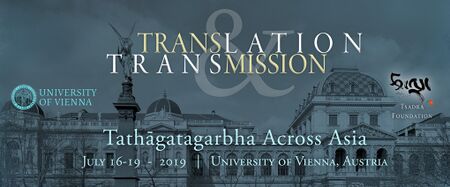
See all presentations
Klaus-Dieter Mathes
Ngawang Jorden
Jacqueline Stone
Ringu Tulku
Tokpa Tulku
I.28
རྫོགས་སངས་སྐུ་ནི་འཕྲོ་ཕྱིར་དང་། །
དེ་བཞིན་ཉིད་དབྱེར་མེད་ཕྱིར་དང་། །
རིགས་ཡོད་ཕྱིར་ན་ལུས་ཅན་ཀུན། །
རྟག་ཏུ་སངས་རྒྱས་སྙིང་པོ་ཅན། །
Since suchness is undifferentiable,
And because of the disposition,
All beings always possess the buddha heart.
संबुद्धकायस्फरणात् तथताव्यतिभेदतः
गोत्रतश्च सदा सर्वे बुद्धगर्भाः शरीरिणः
佛法身遍滿 真如無差別
皆實有佛性 是故說常有
Click to view all verses
The Fourteenth Dalai Lama Tenzin Gyatso
Ringu Tulku
Kirti Tsenshab
Khenpo Sodargye
Orgyen P'huntsok
